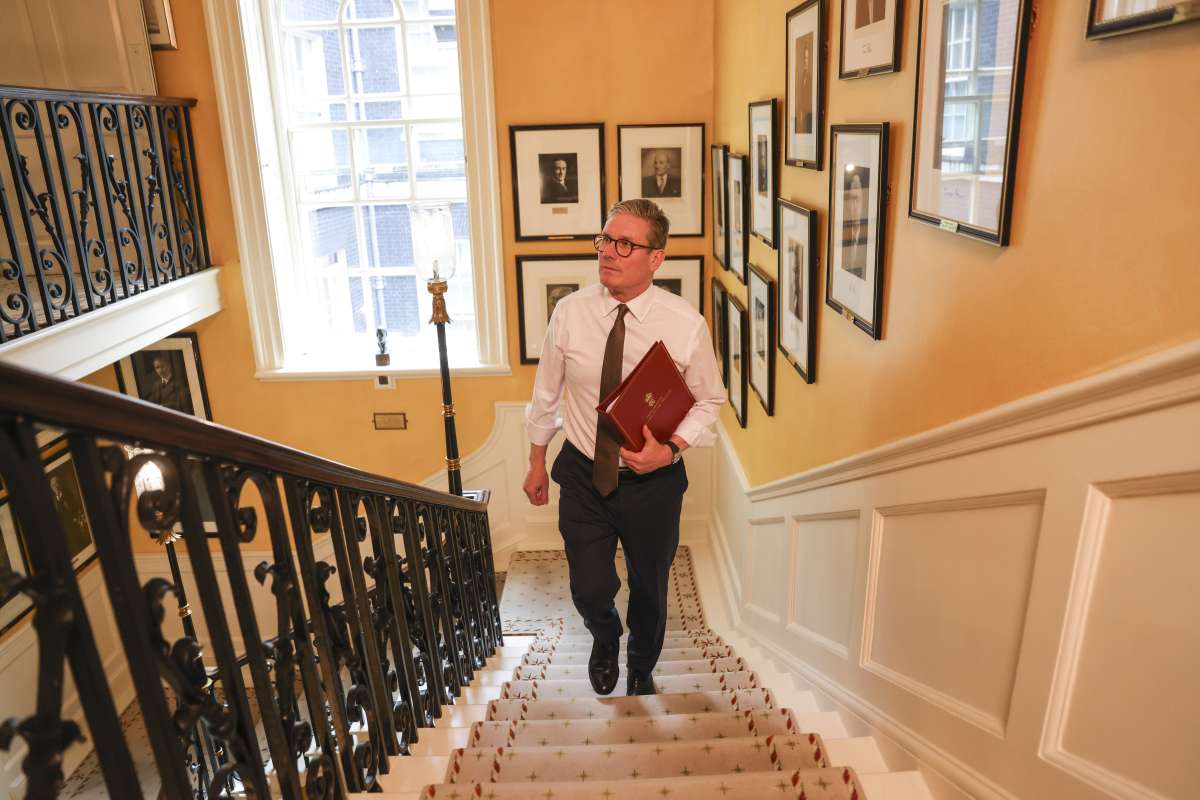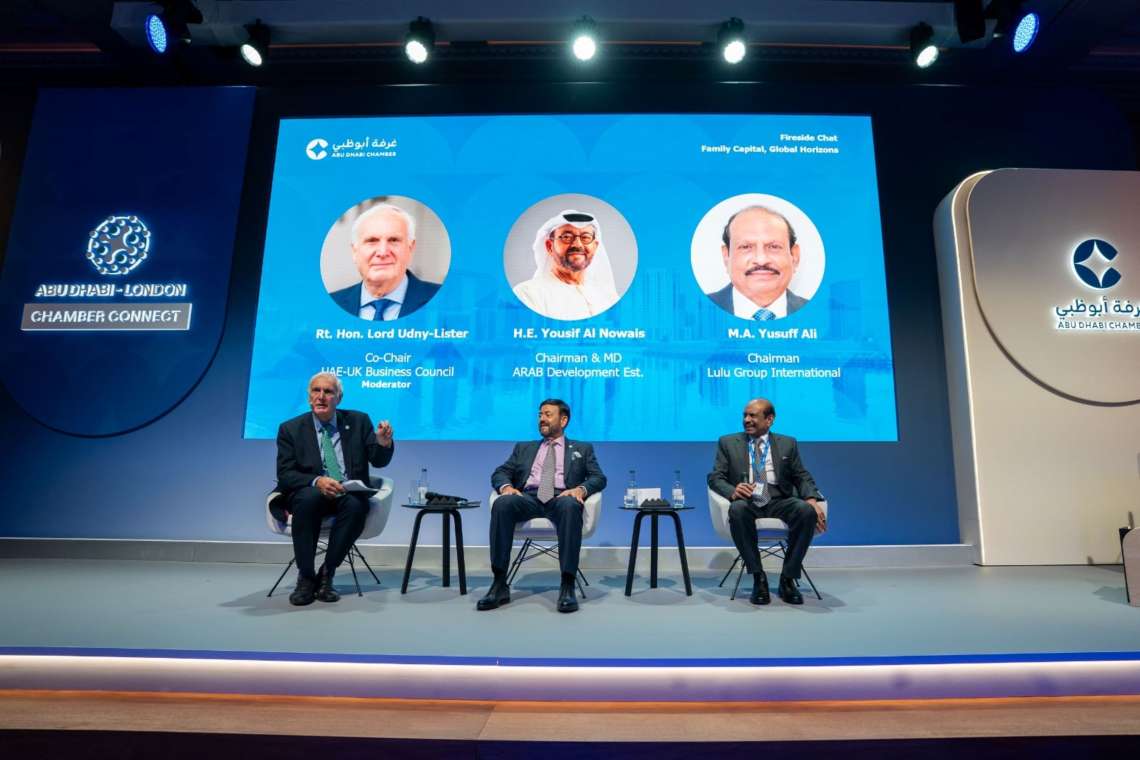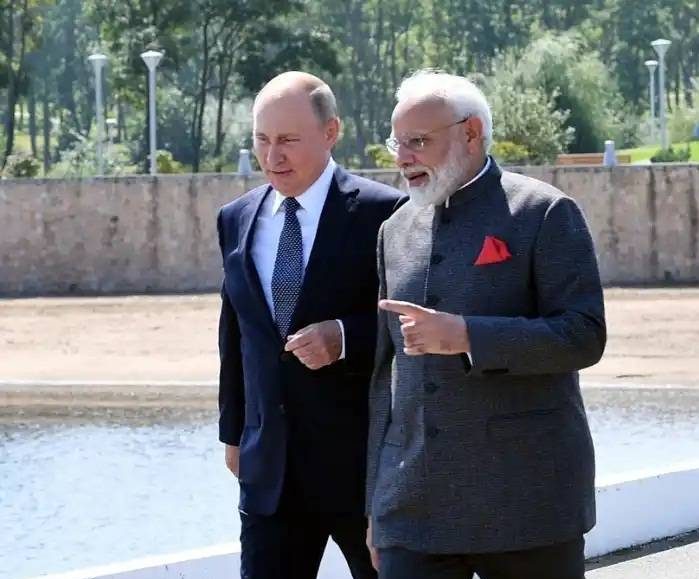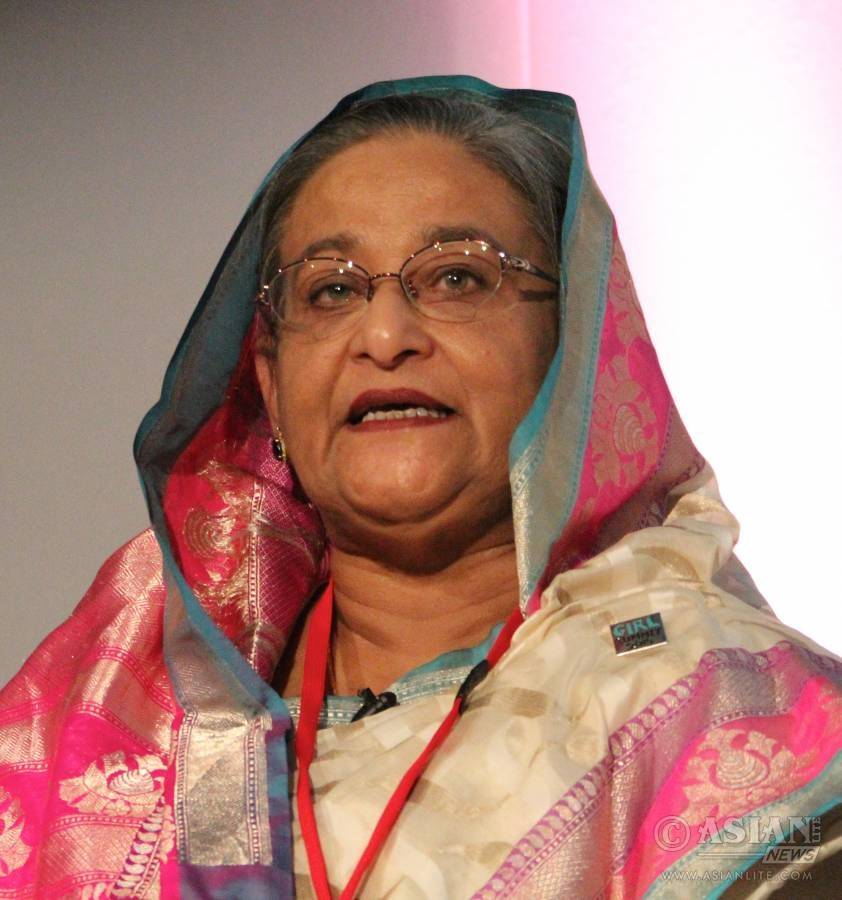Keir Starmer’s new world is a government that values public service and puts country before party as opposed to Conservatives with their partygate scandals … writes Mihir Bose
Keir Starmer’s election victory has echoes of Indian elections and of football. Election victories in India, particularly if they are gigantic, are described as waves. So, in 1971 when Mrs Indira Gandhi won her great election victory, just months before India’s Bangladesh war liberated the country and stopped the dreadful Pakistan army genocide of the Bengalis, it was described as the Indira wave.
But in 1977 when she was removed from power after the Emergency, it was called the Janata wave, the Janata party being an Indian liquorice all sorts political bag which had finally combined in an anti- Indira coalition to get rid of her. The fact that the word Janata also means people in Hindi gave it a certain feel of people coming together to remove this wicked witch. She had imposed the emergency when for the only time India was a dictatorship since it won its freedom from Britain.
In recent years Indian elections have seen the Narendra Modi wave. In the election that has just taken place Modi was forecasting not so much a wave as a tsunami but the tectonic plates did not quite move so dramatically and the final election result far from being a tsunami can hardly be called even a Modi wave, certainly not on the scale of the two previous elections.
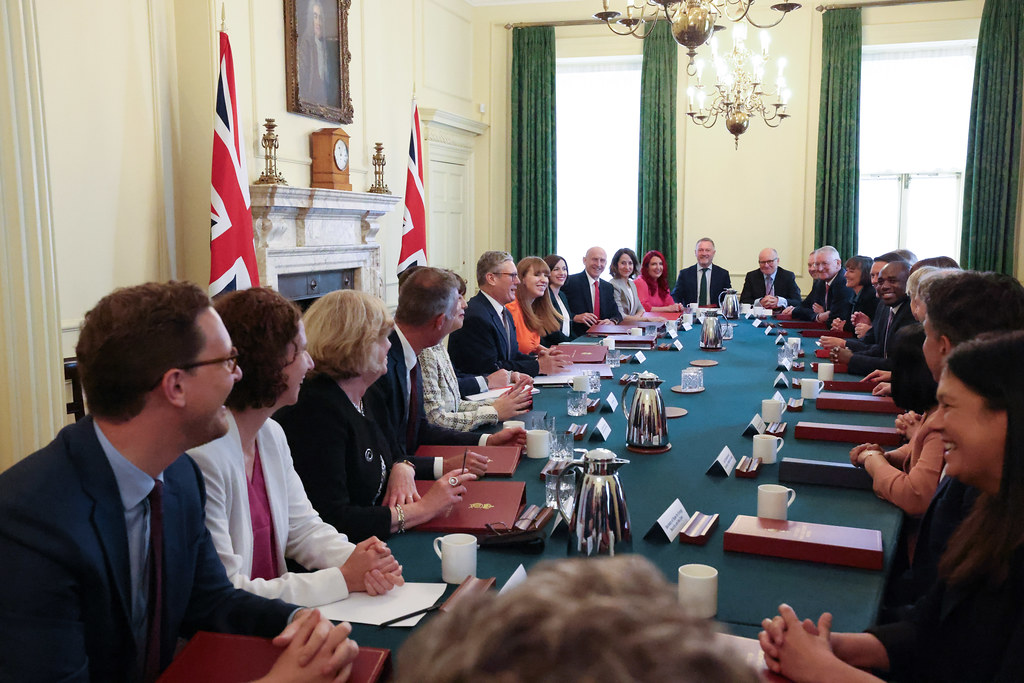
I mention all this because looking at the British election results, and given the scale of the Labour Party victory, it would be tempting to call this the Keir Starmer wave. Labour is not used to winning elections. Keir Starmer is only the 7th Labour Prime Minister, and this is only the 6th election where it has won a comfortable majority. Tony Blair was very proud of the fact that he won three successive elections something no Labour Prime Minister had done not even the great Clement Attlee, possibly Labour’s greatest Prime Minister.
Historically, Labour win British elections in very exceptional circumstances. In 1945 its greatest ever victory came after the war. The victory of Atlee, the little man who everybody had dismissed, and who Winston Churchill had mocked, “Mr Attlee is a very modest man. He has much to be modest about”, was totally unexpected. The nation decided that Churchill winning the war did not mean he could run the country after the war was over. The British public wanted a new world and the modest man was best equipped to deliver it. In 1964 Harold Wilson came to power following the scandals of the Harold Macmillan era in particular the Profumo scandal. And in 1997 Tony Blair capitalised on the economic problems of John Major’s government .

In some ways Starmer has borrowed from all these winning Labour leaders. Just as Atlee promised a new world so does Starmer. Attlee promised and delivered on providing a national service health service and bringing in a great many industries into public ownership. Starmer’s new world is a government that values public service and puts country before party as opposed to Conservatives with their partygate scandals. As he put it from the podium of No 10 Downing Street in his first speech as Prime Minister, “public service is a privilege and that your government should treat very single person in this country with respect.” Wilson had made much of thirteen wasted Tory years. Starmer has never stopped reminding people of fourteen years of Conservative chaos. And while Blair spoke of Britain being a new country, Starmer promises to renew this country and make it a shiny new place. What Attlee, Wilson or Blair could not do was make Labour the natural part of government in Britain. Wilson at one stage had said Labour was the natural party of government but he was proved wrong when he unexpectedly lost the 1970 election. Should Starmer rebuild this country and make people believe it can trust politicians he could indeed make Labour the natural party of government. But that will be a big task.
However, Starmer has shown he can defy expectations. He took over a party that seemed destined for permanent opposition. In the 2019 election Labour had its worst ever result since 1935. Boris Johnson, the victor, had also destroyed the red wall seats and annexed electoral land which had historically been Labour. There seemed no way back, at least not for decades. Starmer who was deputy leader in 2019 when Labour was led by Jeremy Corbyn had signed up to all his left-wing agenda.
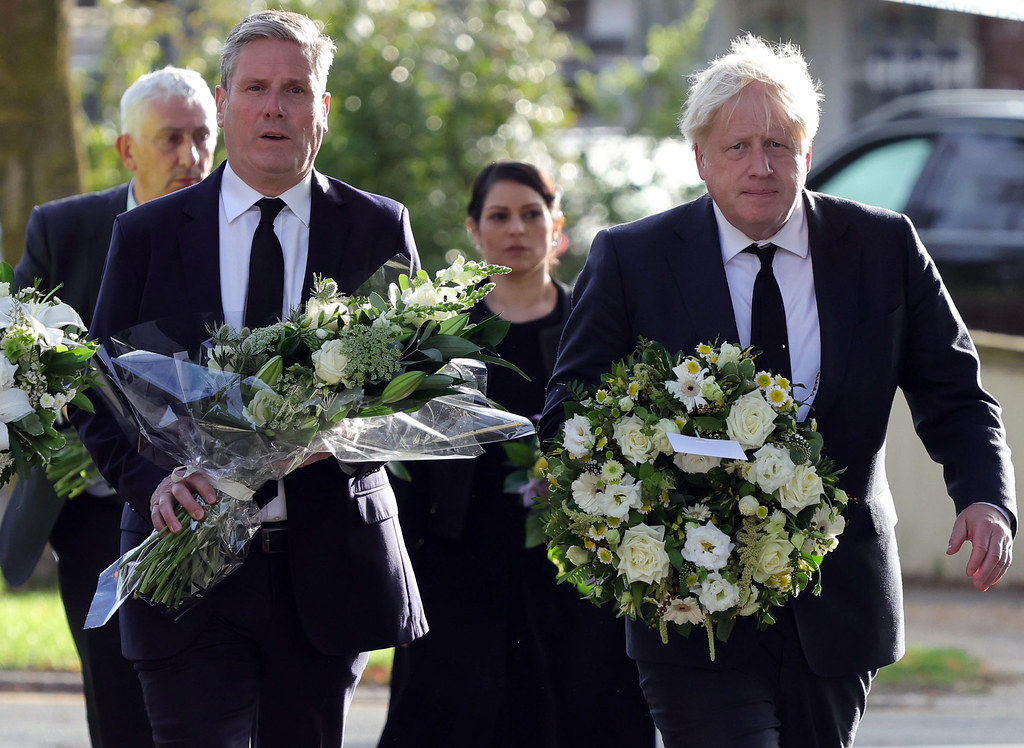
Then when he stood to became leader in his own right he promised to safeguard the Corbyn legacy. During this campaign when asked about it he said had not expected to win the 2019 election which revealed that beneath that look of an unfeeling bureaucrat lurks quite a shrewd politician. The real Starmer emerged when after his election as leader he decided that to win Labour had to move to the centre. It was on this change platform that he campaigned and won and kept saying Labour has changed. He also referred to how Labour had changed in that first address to the British public from outside No 10 Downing Street just after he had shaken hands with the King and become Prime Minister.
The fact that Starmer has to say Labour has changed highlights the problem a Labour leader always faces when it is fighting a general election. In 1997 Tony Blair made much of the fact that he was leading New Labour which was not remotely the Labour of Michael Foot or even Neil Kinnock, two of his predecessors who had led the party to defeat. Just to prove this he had also removed Clause Four from the Labour constitution which had enshrined a socialist control of the economy to prove that Labour had moved to the centre. The fact that in order to win Starmer, more than a quarter of century later, also had to say the party has changed shows how to win elections in this country, which is broadly centre right, a left-wing party has to prove it is not too left wing.
However, what is interesting is that Starmer and his team have been very careful to emphasise that this endless repeating of the word change is not remotely like Blair’s talk of New Labour. This was dramatically revealed to me when I asked Rachel Reeves, who has now become the first woman Chancellor of the Exchequer, as to whether Starmer’s party was not really New Labour. She bristled and denied it. This is because despite Blair’s historic three victories, which no Labour leader has ever managed, New Labour is not a slogan Labour activists much cared for. It reflects the fact that the party faithful never really fell in love with Blair’s New Labour label and are often more comfortable being a party that campaigns for change rather than wanting to bring about change. And this is where Starmer is different. He gives every indication he wants to change things not just shout slogans about the changes necessary and not bother about making the changes.
Starmer ability to make changes may be helped by the fact that his arrival at No 10 has been facilitated by the fact that Conservatives far from showing they are a natural governing party have been behaving in the way Labour has often behaved, as a great squabbling party, if anything even worse than Labour has been. Labour in power has always squabbled with the left feeling that the party is too right-wing and a pale shadow of the Conservatives. Labour election victories have been followed by internal party splits driven by ideological differences although with the Blair government it was personal rivalry between Blair and Gordon Brown who grew increasingly angry that Blair would not vacate No 10 and allow Brown to become Prime Minister. However, all this has been dwarfed by the scale of the Conservative infighting that we have seen with five prime ministers since 2010.Conservatives had a reputation for knowing how to win power and maintain power. The last 14 years has completely ruined that reputation.
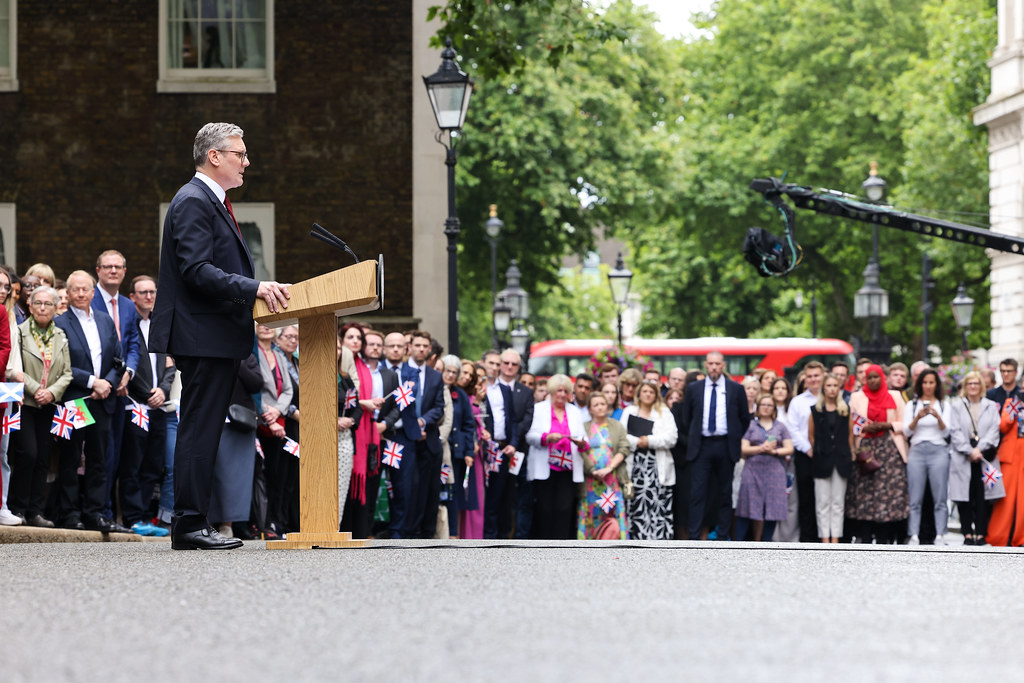
To make matters worse for the Conservatives they now have to their right the Reform Party which could seriously challenge their position as the historic right-wing party of this country. Watching the results in the early hours of Friday morning what was striking was how, as Labour held seats in the north, seats it would be expected to hold with its own votes going up very slowly if at all, it was the Reform party which got votes from the Conservatives and came second. Reform may have only five MPs but in many seats it has more votes than the Conservatives. The hard right party won 14 % of the vote, more than 4m votes in total, and came second in more than 100 seats. In the next election the main opposition for Labour in many constituencies will be not the Conservative party but the Reform Party.
What is worse for the Conservatives is that is has become like the Labour party. Labour’s left has always claimed that it is not left-wing enough. With Reform threatening from the right many in the Conservative party say the party is not right-wing enough and needs to move more to the right if it is to regain power. That the British public want a genuine right-wing party just as the Labour left has always said the British public want a genuine left-wing party. The Labour party activists are to the left of their MPs. The Conservative party members are to the right of their MPs which means a permanent internal war in both parties.
Starmer during the campaign produced no grand idea. His campaign hardly lit up the country. In fact, at times listening to him one felt you had to prod him to get a word out, certainly to get him to say something different. His campaign had a feel of a recital from a book he had been told to memorise and stick to very carefully. He has won with a lower share of vote than Labour got under Corbyn in 2015 winning 63 % of the seats with 34% of the vote. The reason for this is that the Labour party machine has worked out how to capitalise its vote. There is no point in getting a lot of votes in seats that Labour would win anyway. Much rather target the seats which Labour are not expected to win so that it could win those seats and this it has done very efficiently.
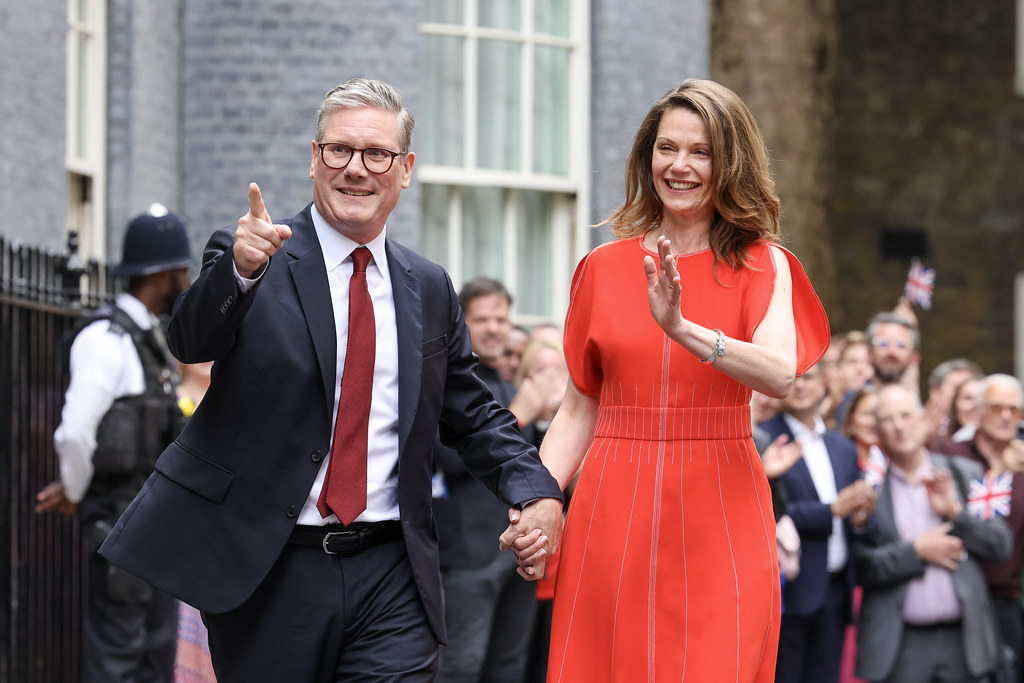
He has to use the football term won “ugly.” This is when a football team wins a match but produces no spectacular moment. There is no magical football that can fascinate us, but it scores one decisive goal which is hardly memorable but good enough to win the match. In that sense it is very much how Starmer’s beloved Arsenal used to historically play, dour, unwatchable, making sure the opposition did not score, and then winning with a goal that was very drab which not even the supporters would recall with much pride. That changed when Arsene Wenger took over as manager and Arsenal did play delightful football and won. We shall have to see if Starmer in government does a Wenger.
What matters is to see is how deep Starner’s change of the Labour party has gone. Is it so deep that the party is happy with having power even if it does not make the fundamental changes many in the party have always campaigned for. The Labour victory is shallow in terms of its vote share, only 34%, its governance of the country in terms of the changes it makes could also be very shallow. However, if the change Starmer keeps talking about has also meant a fundamental change in the Labour mind-set, that the party activists accept that being in power does not mean you can bring radical change, then Starmer will have fundamentally changed the Labour party and we could see Labour becoming the natural governing party of this country.
(Mihir Bose is the author of Thank You Mr Crombie, Lessons in Guilt and Gratitude to the British. Published by Hurst.)


